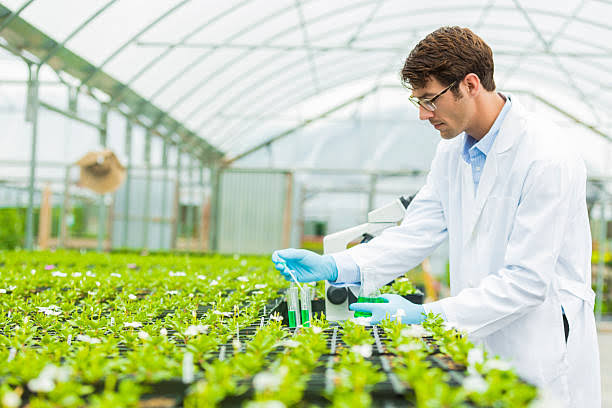Government funding for climate change research in agriculture has been declining consistently in the US, and farmers and scientists have to bear the burden. When there is a pressing need for innovations to protect crops from extreme weather, federal expenditures have declined by almost a third from its high point in 2002. Additional freezes on funding have worsened the situation, stopping vital research work and laying off workers in laboratories throughout the country.
Erin McGuire, a former lab director at the University of California-Davis, is another. Her team was developing drought-resistant varieties of crops when their funding was abruptly cut off, and they were left with years of work unfinished. "It's devastating," McGuire said. "I don't know how you recover from this."
A report by Proceedings of the National Academy of Sciences highlights the necessity of more public investment to offset the impact of climate change on agriculture. Without a stable source of funding, innovations that are essential to enhance crop resilience, pest management, and green agriculture are being jeopardized. The lack of funding can lead to rising food prices and reduced agricultural production in the next several decades, experts warn.
As contributions from the private sector increase, they cannot compensate for the decline in the use of federal funds in the pursuit of early-stage research. "This is bad news for U.S. agriculture," said Ariel Ortiz-Bobea, Cornell associate professor and lead author of the study. The reductions also jeopardize world food security since most nations rely on U.S.-driven agricultural innovation to fight hunger and climate issues.
Source: AP News
